In the story of African history, certain names shine brightly as beacons of resilience and determination against colonialism and injustice. Among them stands Joshua Nkomo, revered as “Father Zimbabwe,” a pivotal figure in the struggle for black majority rule in Zimbabwe. Despite facing persecution and political upheavals, Nkomo’s legacy remains deeply etched in the fabric of Zimbabwean independence.
Joshua Nkomo was Born on June 7, 1917, Joshua Nkomo received his early education at the Choloso Government Industrial Boarding School in Matebeleland during the 1930s. His journey towards activism began with humble origins, working as a lorry driver in Botswana before transitioning to a bread delivery van driver in Bulawayo. It was during his time at Osborne’s Bakery that Nkomo confronted the stark racial disparities in pay, igniting his passion for social justice.
Amidst his experiences in South Africa and interactions with future leaders like Nelson Mandela and Seretse Khama, Nkomo’s political consciousness blossomed. He returned to Rhodesia (present-day Zimbabwe) in 1945 and immersed himself in trade union activities, eventually rising to prominence as a leader within the Black Rhodesian Railway Workers’ Union.
Nkomo’s commitment to nationalist ideals led to his presidency of the African National Congress (ANC) in 1957, a pivotal moment marking his formal entry into the struggle against colonial oppression. Despite facing persecution and exile, Nkomo persisted in his quest for liberation, founding the National Democratic Party (NDP) in 1960 and later the Zimbabwe African People’s Union (ZAPU) in 1961.
The journey towards independence was fraught with challenges, including Nkomo’s detention by the white minority government from 1964 to 1974. However, his resilience never waned, and upon his release, he embarked on a mission to rally international support for Zimbabwe’s liberation cause.
The Lancaster House Agreement in 1979 signaled a turning point, culminating in Zimbabwe’s independence in 1980. Yet, this newfound freedom was marred by political tensions, particularly between Nkomo’s ZAPU and Robert Mugabe’s ZANU. Ethnic strife erupted, leading to Nkomo’s dismissal from the cabinet in 1982 and subsequent persecution by Mugabe’s regime.
Despite facing adversity, Nkomo remained undeterred, playing a pivotal role in brokering peace between ZAPU and ZANU through the Unity Accord of 1987. This landmark agreement aimed to heal the wounds of division and foster ethnic unity within Zimbabwe.
Nkomo’s enduring legacy extends beyond politics. His acknowledgment of personal loss to HIV/AIDS in a country grappling with the epidemic underscored his humanity amidst adversity. His passing in 1999 marked the end of an era, yet his vision for a free and inclusive Zimbabwe lives on.
In recognition of his contributions, the Joshua Nkomo Scholarship Fund was established, symbolizing a tribute to his unwavering commitment to education and empowerment. Today, Nkomo’s name resonates as a symbol of Zimbabwean resilience and the enduring quest for freedom and equality.
As we reflect on Joshua Nkomo’s remarkable journey, let us honor his memory by embracing the values of justice, unity, and perseverance he championed. His story serves as a testament to the indomitable spirit of those who dare to dream of a better tomorrow, inspiring generations to come.
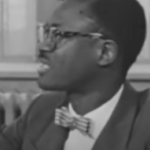
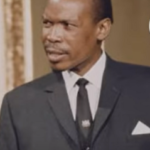
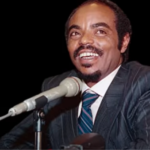

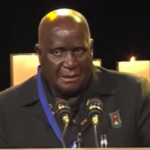
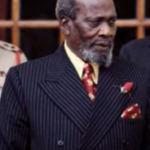
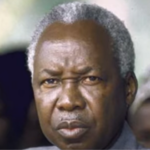
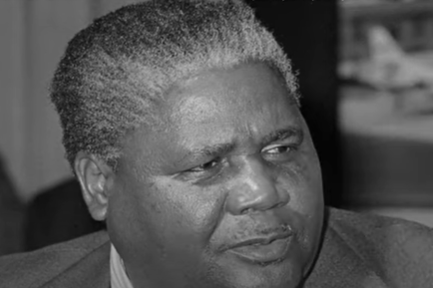
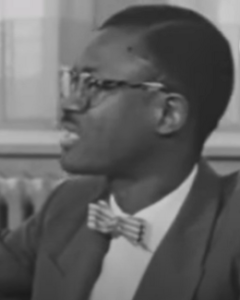
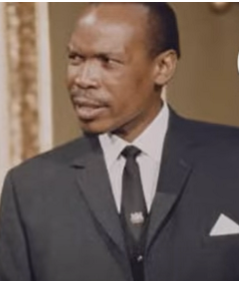
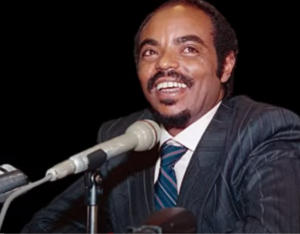
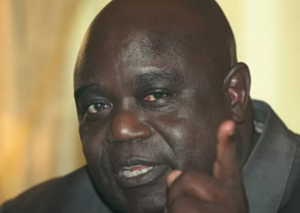
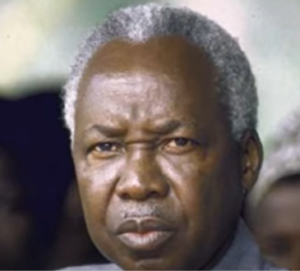
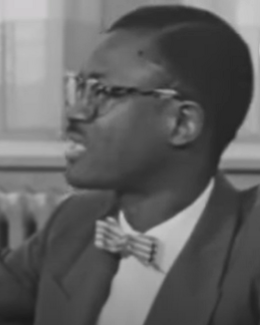
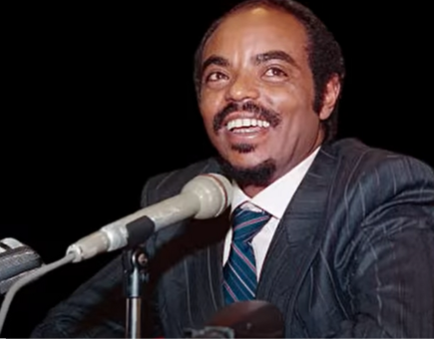

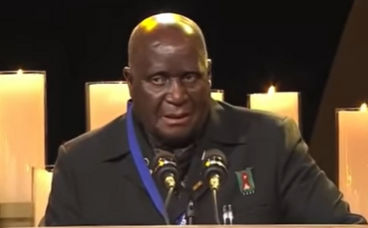
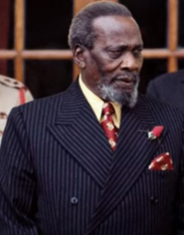
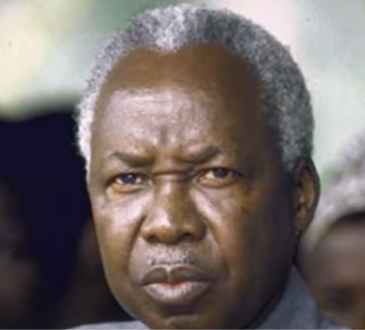
+ There are no comments
Add yours